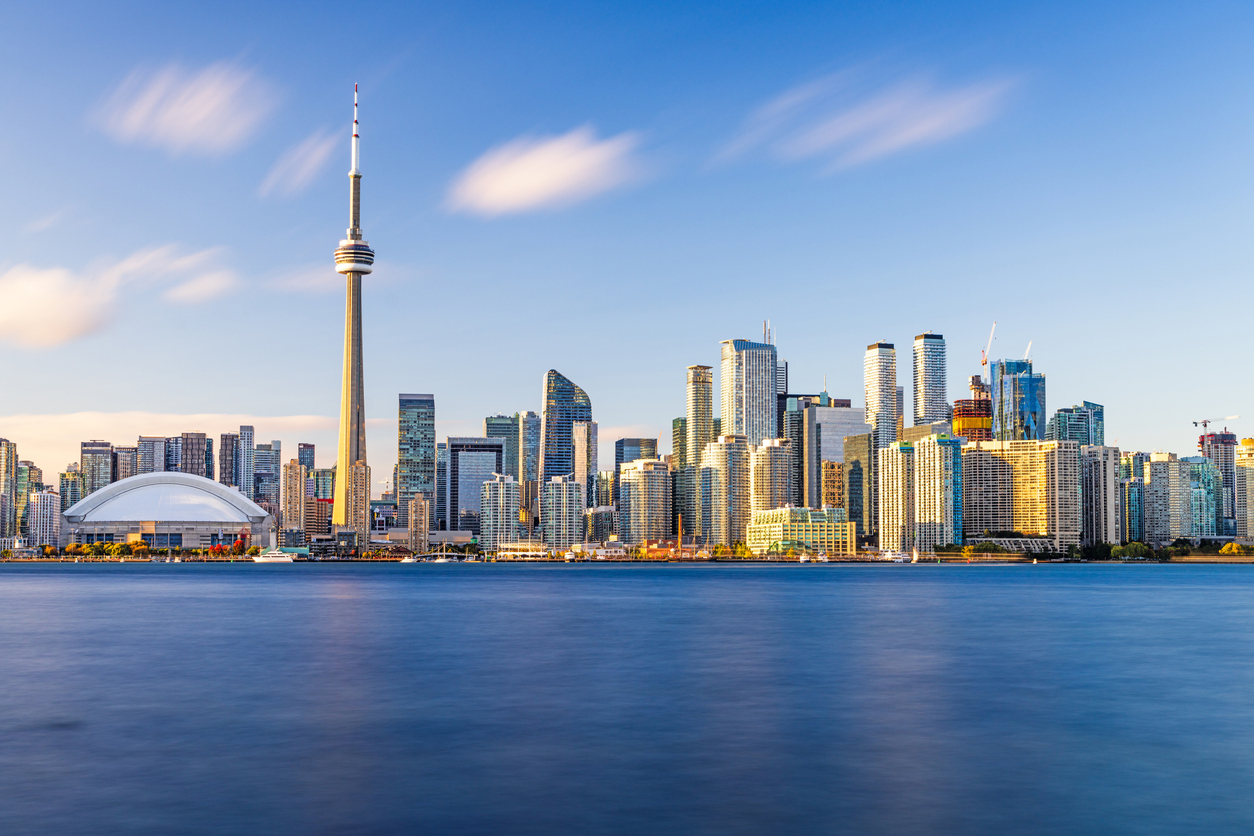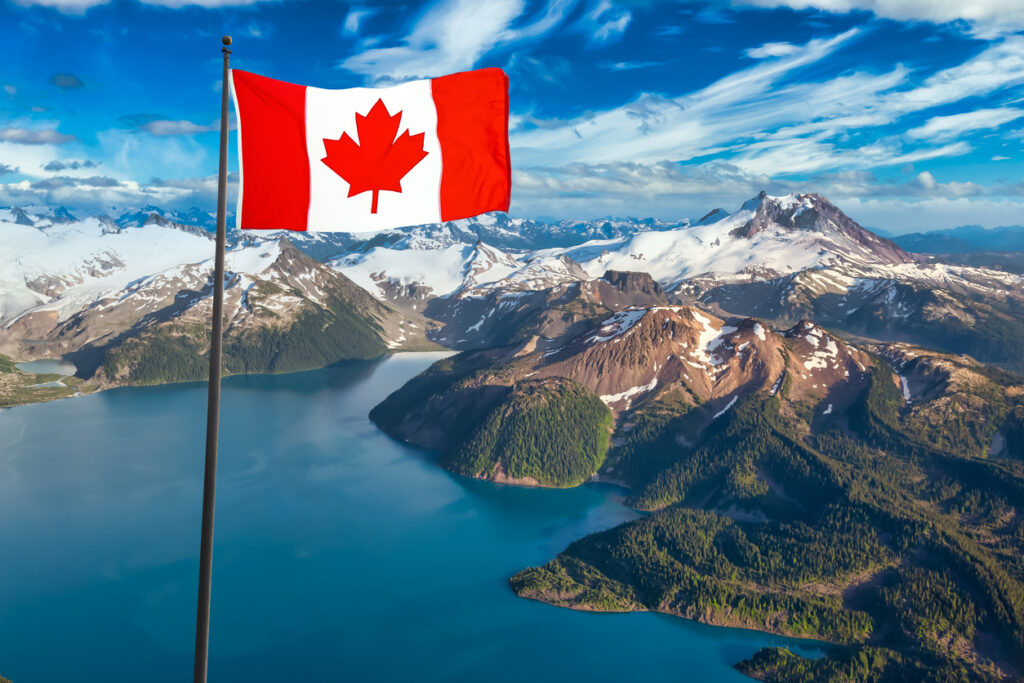Moving to Canada or even just visiting as a U.S. expat brings a host of new experiences—and a few important questions. One area that often causes uncertainty is Canadian law enforcement. Understanding how policing works in Canada, how it differs from the U.S., and what your rights are as an American can help you feel more confident and prepared. Let’s break down the essentials so you can navigate Canadian law enforcement with clarity and peace of mind.
Understanding Canada’s law enforcement structure and hierarchy
Canada’s law enforcement system is unique, with a structure that may feel unfamiliar if you’re used to the American approach. At its core, Canadian law enforcement is organized into three main levels: federal, provincial, and municipal. Each level has distinct responsibilities, but they often work together to keep communities safe.
Federal level: The Royal Canadian Mounted Police (RCMP)
The RCMP is Canada’s national police force, famous for its red uniforms and wide-ranging jurisdiction. The RCMP handles federal law enforcement duties—think organized crime, border security, and terrorism investigations. In many provinces and rural areas, the RCMP also acts as the local police force, providing day-to-day policing services.
Provincial Police
Some provinces, like Ontario and Quebec, have their own provincial police forces: the Ontario Provincial Police (OPP) and the Sûreté du Québec (SQ). These agencies focus on provincial laws and support local police in smaller communities. If you’re living in or visiting these provinces, you might interact with these officers instead of the RCMP.
Municipal Police
Cities and larger towns often have their own municipal police departments, such as the Toronto Police Service or Vancouver Police Department. These officers handle local issues—traffic enforcement, community policing, and responding to emergencies within city limits.
Key differences between American and Canadian police systems
While both the U.S. and Canada share a commitment to public safety, there are some notable differences in how their law enforcement systems operate. Understanding these distinctions can help you avoid confusion and ensure smoother interactions.
Policing philosophy and approach
Canadian law enforcement tends to emphasize community policing and de-escalation. Officers are trained to resolve conflicts peacefully whenever possible, and there’s a strong focus on building trust within communities. While American police also value these principles, the approach in Canada is often more collaborative and less militarized.
Use of force and firearms
Canadian police generally use force less frequently than their American counterparts. Firearms are carried by most officers, but the threshold for using them is higher, and there’s a strong emphasis on non-lethal options like tasers or pepper spray. This doesn’t mean incidents never occur, but the overall culture is more restrained.
Legal framework and oversight
Canada has robust oversight mechanisms for law enforcement, including independent review boards and public complaints commissions. If you feel mistreated by Canadian law enforcement, there are clear channels for filing complaints and seeking accountability.
Jurisdiction and coordination
Unlike the U.S., where local sheriffs and city police often operate independently, Canadian law enforcement agencies frequently collaborate and share resources. This can make the system feel more unified and less fragmented.
Your rights when interacting with Canadian police as an American
Whether you’re living in Canada or just passing through, it’s important to know your rights when dealing with Canadian law enforcement. While many rights are similar to those in the U.S., there are some key differences to keep in mind.
Right to remain silent
You have the right to remain silent if you’re questioned by Canadian police. You are not required to answer questions beyond identifying yourself (name, address, and date of birth) if you’re detained or arrested. If you’re simply stopped on the street, you generally don’t have to provide any information unless you’re being formally detained.
Right to legal counsel
If you’re arrested or detained, you have the right to speak to a lawyer without delay. Canadian law enforcement must inform you of this right and provide access to legal counsel. If you don’t have a lawyer, you can ask for a duty counsel (a free legal advisor).
Search and seizure
Canadian police need a warrant to search your home, car, or personal belongings, except in certain urgent situations (like if they believe evidence might be destroyed). If you’re asked to consent to a search, you have the right to say no unless they have a warrant or legal grounds.
Special considerations for Americans
- Immigration status: If you’re not a Canadian citizen, police may ask about your immigration status. It can be helpful to carry proof of your legal status (such as a visa or residency card) when out and about.
- Driving: If you’re driving, you must show your license, registration, and proof of insurance if requested. Canadian law enforcement takes impaired driving very seriously, and penalties can be severe.
- Cultural differences: Canadian police interactions are often more formal and polite. Address officers respectfully and follow their instructions calmly.
Ready for peace of mind? Get expert tax help for U.S. expats in Canada
Navigating Canadian law enforcement is just one part of your expat journey. When it comes to taxes, you deserve the same clarity and confidence. Our team of U.S. expat tax experts is here to guide you every step of the way—so you can focus on enjoying life in Canada, not worrying about compliance.
Frequently Asked Questions
-
How is Canadian law enforcement different from U.S. law enforcement?
Canadian law enforcement is more centralized, emphasizes community policing, and generally uses less force than U.S. police. Oversight and accountability mechanisms are also more robust in Canada.
-
What should I do if I’m stopped by Canadian police as an American?
Remain calm, be polite, and provide identification if requested. You have the right to remain silent and to speak to a lawyer if detained or arrested.
-
Do Canadian police have the right to search me or my belongings?
Canadian law enforcement usually needs a warrant to search you or your property, except in urgent situations. You can ask to see a warrant and have the right to refuse consent to a search.
-
Will my U.S. rights apply when dealing with Canadian law enforcement?
While some rights are similar, Canadian law applies. You have the right to silence and legal counsel, but procedures may differ from the U.S.
-
What documents should I carry as a U.S. expat in Canada?
Always carry proof of your legal status (visa, residency card) and, if driving, your license, registration, and insurance. This helps ensure smooth interactions with Canadian law enforcement.

 Connect on LinkedIn
Connect on LinkedIn

